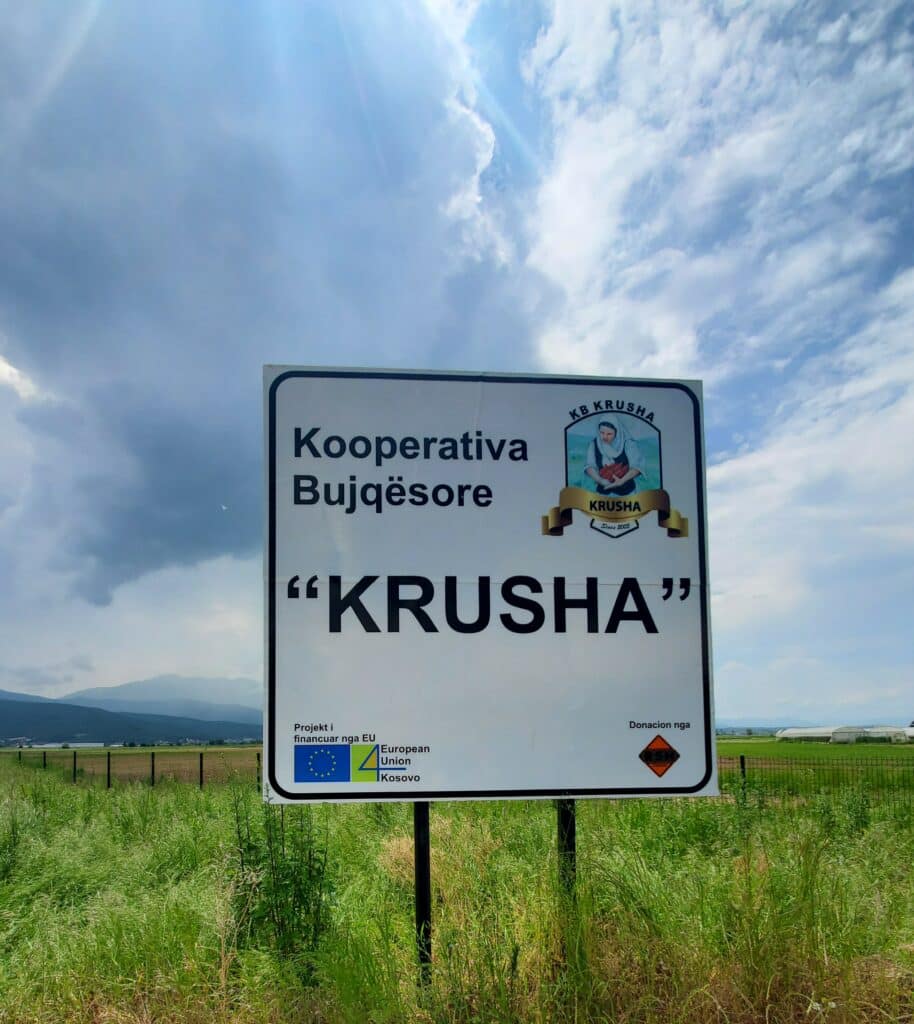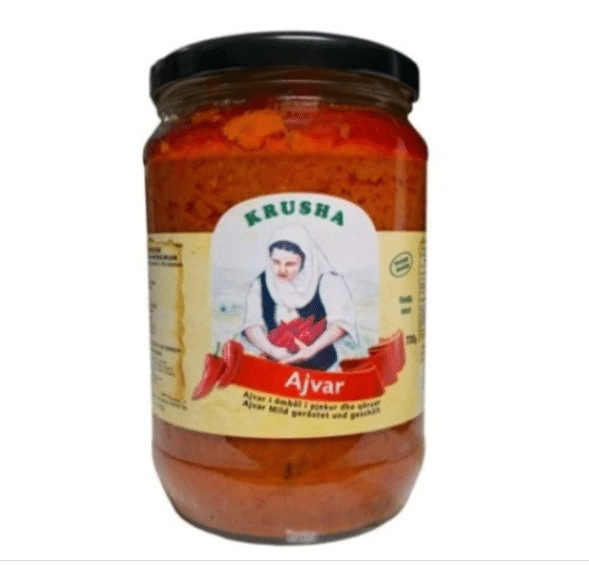The Women of Krusha
Lately, I’ve been pondering the concept of perseverance, its roots, its costs, and potential outcomes. When does perseverance bleed into obsession? When does commitment become corrosive? Is perseverance always a positive quality? I seem to have inherited a healthy (or unhealthy) dose of perseverance from my mother, which lately has begun to feel like a burden or at least a path to maddening folly. But when I traveled to Kosovo last month to visit my niece and her family, I discovered a story of perseverance of great magnitude.

While traveling into Gjakova (the hometown of my niece’s husband, Nderim) on the road he and his family used to escape the violence that had descended there in 1999, I learned of the story of the women of Krusha. During the Kosovo war, Serbian forces entered their village at Krusha so the villagers fled to the nearby forest. When the Serbian forces found their hiding place, they separated the men and boys from the women and girls. They instructed the females to flee while they shot or drowned the men and boys—one hundred and five of them. Some bodies were never found, having traveled downstream in the nearby river.
Once NATO sent in forces and essentially freed the Kosovars from the Serbs, the women returned. Once home, they had a choice on how to move forward with their pain—allow it to destroy or to unite. They chose the latter and opened a small factory for manufacturing Ajvar—a local relish made from eggplant and red peppers (that is amazingly delicious). They became successful at both providing for themselves and their remaining families as well as channeling their pain into a productive solution. Their story was captured in an award-winning film titled Hive, a film that stole the hearts and minds of the Sundance Film Festival.

How could these women return to the scene of such a dreadful massacre? How could they pick up the pieces and figure out a way forward? They were driven by the memory of their husbands and sons as well by the sheer need of their situation, a situation that required them to dig deep for strength they likely didn’t know they possessed, a courage previously unrecognized.
I’ve decided that perseverance is an amazing quality when motivated by someone we love or a value we hold deep or a memory that sustains us, even an all-consuming passion when focused on something positive. These women possessed deep perseverance and allowed it to sustain them, their families, their community by pursuing meaningful work and pouring their heart into it—this, I believe, is perseverance. And it is good.
What is the source of your own perseverance?



Thank you for sharing this powerful story. And, thank you for coming to Kosovo and seeing everything with an open heart and mind. I will never forget these women, who did this to their men big and small, and in what “cause”. How beautiful is this story of perseverance, redemption, and strength- characteristic of so many of the people here in Kosovo. As for the source of my own personal perseverence, I think a big factor for me is looking at the stories of others who faced impossible circumstances, both past and present. When I compare my own little struggles next to what I know someone else in this world went through, I find strength in knowing if they can find a way to move forward, then there’s no excuse for me not to either!
Love this !! We have no idea how strong we are until we are forced to be ! Can’t imagine the pain these women went through!! Really makes you think about the things in life we complain about 🙃😵💫